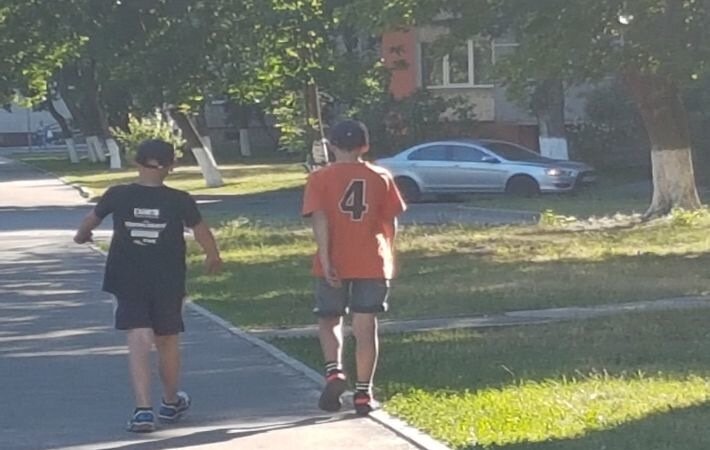Still think "crash" is an accident and "chilit" is a salad recipe? It's time to learn a new language before your kid writes about you on TikTok.
According to a study by the Pew Research Center (2024), 80% of parents do not understand 60% of the words in their children's vocabulary.
"Teenage slang isn't words, it's a cry for help," linguist Gretchen McCulloch told the BBC . We've cracked the secret codes of teenagers, and some of them will break your heart.

Take the word "busy" for example. To you it means "busy", to them it means "a person who pretends to be important to hide emptiness".
"When my mom asks me why I'm sad, I say, 'I'm busy,'" Denis, 16, wrote in an anonymous survey. Psychologist Anna Skavitina comments, "It's a way of saying, 'I feel bad, but I don't trust you with my feelings.'"
Even more frightening is the phrase “time to go”
For Generation Z, this is not emigration, but a desire to “escape from reality” through games or social networks.
According to the Journal of Abnormal Psychology , 45% of teenagers spend more than 5 hours a day in virtual worlds.
"When I say 'I'm playing Dota,' my mom thinks I'm with my friends. In reality, I'm hiding from her constant reproaches," admitted 17-year-old Artem.
But the most alarming trend
The word "suicidal" sounds like a joke. "It's not about death, it's about life sucking," explained 15-year-old Polina.
Psychiatrist Andrei Kurpatov warns: "Behind such 'jokes' there is often real pain. Parents laugh, not realizing that the child is sending an SOS."
How to react
Family therapist Esther Perel advises: "Don't make fun of their language. Say, 'Explain what this means. I want to understand you.'"
Example: after such conversations, the father of 14-year-old Masha learned that “cringe” is not an insult, but a signal: “I’m ashamed of you.”
Now they watch streams together and learn not to cringe at each other.
"Rofl" is not laughter, but a mask for tears
Teenagers use this word when they want to hide humiliation.
“My classmates called my drawing ‘rofl’, and I laughed along with everyone else, although everything inside me sank,” 13-year-old Maxim wrote on the forum.
Psycholinguist Deborah Tannen explains in her book You Don't Understand Me!: "Slang is a shield. The harsher the words, the more vulnerable the child."
Another code is "hate"
For parents it is “negative”, for teenagers it is a way to express the fear of being rejected.
"When I say 'I've been hated', my mom thinks it's about the internet. But I'm afraid I'll be kicked out of the chat," writes 15-year-old Dasha.
A study in Cyberpsychology, Behavior, and Social Networking (2023) found that 68% of teenagers believe that cyberbullying is normal because “everyone does it.”
But there are also bright sides. Teenagers use the word "adda" (from the English "addiction") ironically: "I have an adda to TV series."
This is an attempt to turn shame into a joke. Social worker Elena Petrova notes: “This way they acknowledge the problem, but are not ready to ask for help.”
The most frightening trend is the “quiet rebellion”
Phrases like “it’s fine” or “everything’s ok” have become code for “I’m desperate.”
"When my son says 'ok', I see his hands shaking. But he blocks all questions," says the mother of 16-year-old Ilya.
Psychotherapist Phil McGraw insists: "Behind every 'normal' there's a scream. Ask the question: 'What was the hardest thing you did today?'"
Slang culture is changing rapidly
If in 2022 "chick" meant "girl", now it means "a person who acts fake".
"My mom called my friend a chick, thinking it was a compliment. Now she doesn't talk to me," complained 14-year-old Vika.
Linguist John McWhorter warns on the Lexicon Valley podcast: "Parents who don't keep up with the evolution of slang are losing touch with their kids."
What to do
TeenSlang Decoder app creator Alexey Ivanov advises: "Install it and get notifications about new words. But don't use them in front of children - it's like dancing to their music. Just stay informed."
Your child isn't speaking - they're coding. And unless you crack the code, their next message may not be to you.

